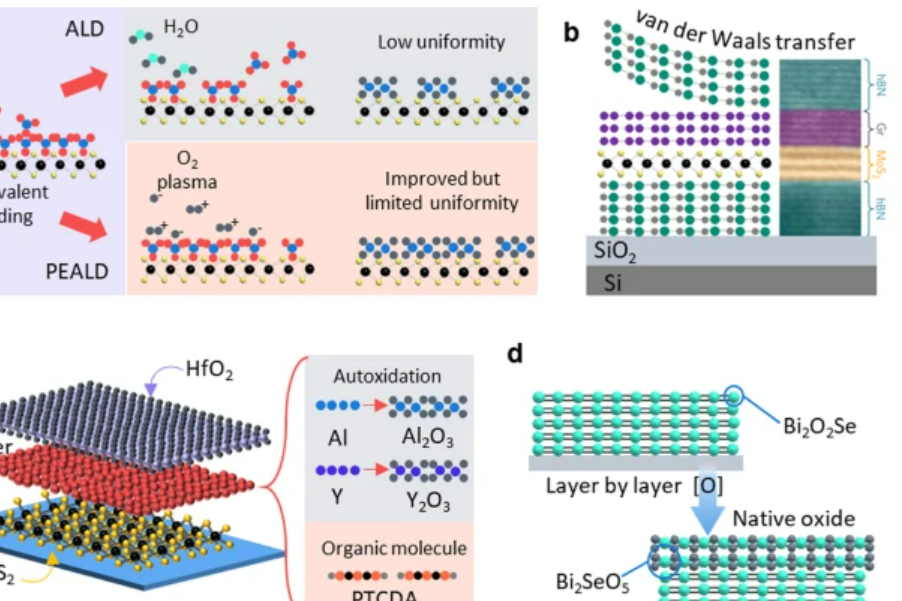
DFARS Essentials for Suppliers and Manufacturers
The Defense Federal Acquisition Regulation Supplement (DFARS) is a critical set of rules that govern contracts between the U.S. Department of Defense (DoD) and its suppliers. Compliance with DFARS is mandatory for any company working on defense contracts, and failure to meet its requirements can result in lost contracts, financial penalties, or legal consequences.
This guide written by the non-China, domestic supplier Stanford Electronics provides a detailed overview of DFARS, its key clauses, compliance requirements, and best practices for suppliers and manufacturers working with the DoD.

. What is DFARS?
DFARS is an extension of the Federal Acquisition Regulation (FAR), specifically tailored for DoD acquisitions. It includes additional clauses and requirements that defense contractors must follow to ensure:
- National security (e.g., cybersecurity, controlled unclassified information)
- Supply chain integrity (e.g., sourcing restrictions, counterfeit parts prevention)
- Domestic preference (e.g., Buy American Act, specialty metals restrictions)
Who Needs to Comply?
- Prime contractors (direct DoD suppliers)
- Subcontractors (suppliers to prime contractors)
- Manufacturers providing materials, components, or services to DoD contracts
2. Key DFARS Clauses for Suppliers & Manufacturers
Several DFARS clauses impose strict obligations on defense contractors. The most critical ones include:
A. DFARS 252.204-7012 – Safeguarding Covered Defense Information (CDI) & Cyber Incident Reporting
- Requirement: Protects Controlled Unclassified Information (CUI) and mandates cybersecurity controls per NIST SP 800-171.
- Key Obligations:
- Implement 110 security controls from NIST SP 800-171.
- Report cyber incidents to the DoD within 72 hours.
- Flow down requirements to subcontractors handling CUI.
B. DFARS 252.225-7008 – Restriction on Acquisition of Specialty Metals
- Requirement: Specialty metals (e.g., titanium, high-performance alloys) used in defense products must be melted or produced in the U.S. or a qualifying country.
- Exceptions: Certain commercial items or minimal usage cases.
C. DFARS 252.225-7009 – Restriction on Acquisition of Certain Articles Containing Non-Compliant Specialty Metals
- Requirement: Prohibits suppliers from delivering products containing specialty metals that do not meet domestic sourcing rules.
D. DFARS 252.246-7008 – Sources of Electronic Parts (Counterfeit Parts Prevention)
- Requirement: Suppliers must obtain electronic parts from authorized sources and implement anti-counterfeit measures.
- Applies to: All electronic components in defense systems.
E. DFARS 252.204-7020 – NIST SP 800-171 DoD Assessment Requirements
- Requirement: Contractors must complete a self-assessment (Basic, Medium, or High) of their NIST SP 800-171 compliance and submit scores in the Supplier Performance Risk System (SPRS).
3. Steps to Achieve DFARS Compliance
Step 1: Determine Applicability
- Identify if your contracts include DFARS clauses (check Section H of your contract).
- Confirm whether you handle CUI or specialty metals.
Step 2: Implement NIST SP 800-171 Controls
- Conduct a gap assessment against NIST SP 800-171.
- Develop a System Security Plan (SSP) and Plan of Action & Milestones (POA&M) for unresolved controls.
Step 3: Comply with Sourcing Restrictions
- Ensure specialty metals and electronic parts meet domestic sourcing rules.
- Maintain traceability documentation (e.g., mill certificates, supplier certifications).
Step 4: Train Employees & Subcontractors
- Educate staff on CUI handling, cybersecurity, and counterfeit avoidance.
- Ensure subcontractors comply with DFARS flow-down clauses.
Step 5: Submit Required Reports
- Cybersecurity incidents: Report via the DoD Cyber Incident Reporting Portal.
- NIST SP 800-171 scores: Upload self-assessment scores to SPRS.
For defense contractors requiring 100% DFARS-compliant materials with guaranteed domestic sourcing and cybersecurity protections, Stanford Electronics stands ready to support your mission-critical needs. Contact our team to learn how our advanced materials solutions can enhance your supply chain security while maintaining full DFARS compliance.
4. Consequences of Non-Compliance
- Contract termination or disqualification from future DoD contracts.
- Financial penalties for false certifications.
- Legal liability if counterfeit parts or security breaches occur.
5. Best Practices for Suppliers & Manufacturers
Maintain detailed records of material sourcing and cybersecurity compliance.
Conduct regular audits to ensure ongoing DFARS compliance.
Work with accredited suppliers to avoid counterfeit parts risks.
Monitor updates—DFARS rules evolve (e.g., upcoming CMMC 2.0 requirements).
Conclusion
DFARS compliance is non-negotiable for defense suppliers and manufacturers. By understanding key clauses, implementing NIST SP 800-171 controls, and ensuring proper sourcing, companies can maintain eligibility for DoD contracts while supporting national security.
As a U.S.-based, non-China supplier, Stanford Electronics is proud to be at the forefront of DFARS-compliant advanced materials manufacturing. Our domestic production capabilities and commitment to cybersecurity standards make us an ideal partner for defense contractors seeking reliable, secure supply chain solutions.



